Plant Breeder's Rights and Store Bought Fruit @.@
June.Sky
11 years ago
Related Stories

GARDENING GUIDESGreat Design Plant: Grow Blueberries for Their Fruit and More
Eastern gardeners should consider growing blueberry plants for their delicious fruits, bee-friendly spring blooms and brilliant fall foliage
Full Story
EDIBLE GARDENSHow to Grow 10 Favorite Fruit Trees at Home
Plant a mini orchard in fall, winter or early spring to enjoy fresh-off-the-tree fruit the following year
Full Story
LIGHTINGSo You Bought a Cave: 7 Ways to Open Your Home to Light
Make the most of the natural light your house does have — and learn to appreciate some shadows, too
Full Story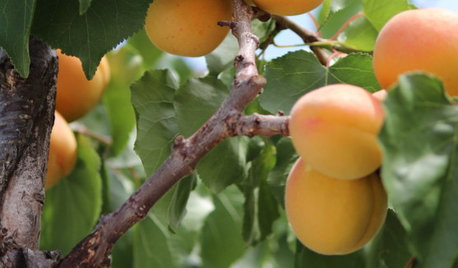
FARM YOUR YARDIf You Have Room for Only One Fruit Tree ...
Juice up a small garden with one of these easier-care or worth-the-effort fruit trees for a mild climate
Full Story
MOST POPULARHow to Get Rid of Those Pesky Summer Fruit Flies
Learn what fruit flies are, how to prevent them and how to get rid of them in your home
Full Story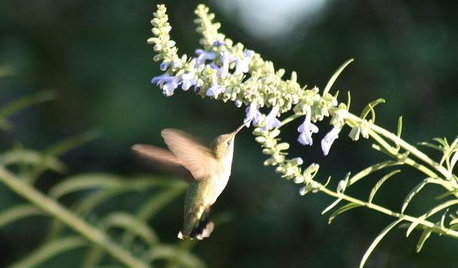
GARDENING GUIDESHow to Find the Right Native Plants for Your Yard
Find plant maps, sale sites and guides that make going native in the garden easier than ever
Full Story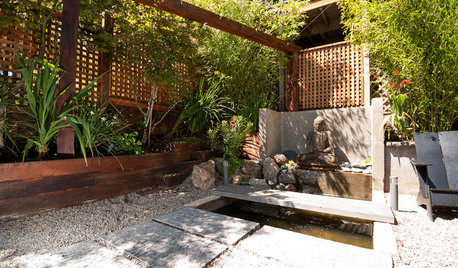
LANDSCAPE DESIGN3 Steps to Choosing the Right Plants for Your Patio
Make every plant count in your small city garden by considering these criteria before you buy
Full Story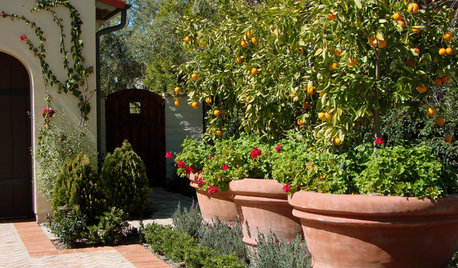
GARDENING GUIDESPick the Right Plant Pot to Flatter Your Landscape
To play matchmaker for your container garden and its surroundings, you've got to know all the materials and pick the right style
Full Story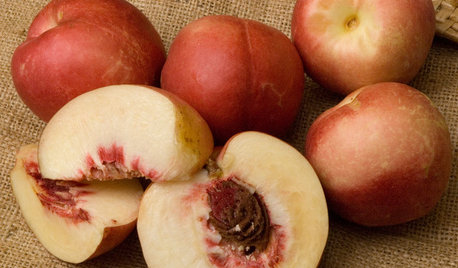
EDIBLE GARDENSGrow Plum Hybrids for Your Favorite Fruit Flavors
Plums are cozying up with apricots, peaches and even cherries — here’s how to grow these hybrids for the best aspects of each
Full Story
GREEN BUILDINGSunlight Used Right: Modern Home Designs That Harness Solar Power
Embracing passive heating principles through their architecture, siting and more, these homes save energy without skimping on warmth
Full Story





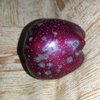
canadianplant
calistoga_al ca 15 usda 9
Related Professionals
Wrentham Landscape Architects & Landscape Designers · Ashburn Landscape Architects & Landscape Designers · Marco Island Landscape Architects & Landscape Designers · Pottstown Landscape Contractors · Cudahy Landscape Contractors · Damascus Landscape Contractors · Florham Park Landscape Contractors · Forest Hills Landscape Contractors · Hannibal Landscape Contractors · Hawaii Landscape Contractors · Kaysville Landscape Contractors · Mount Sinai Landscape Contractors · North Plainfield Landscape Contractors · Vermilion Landscape Contractors · Welby Landscape ContractorsJune.SkyOriginal Author
Scott F Smith